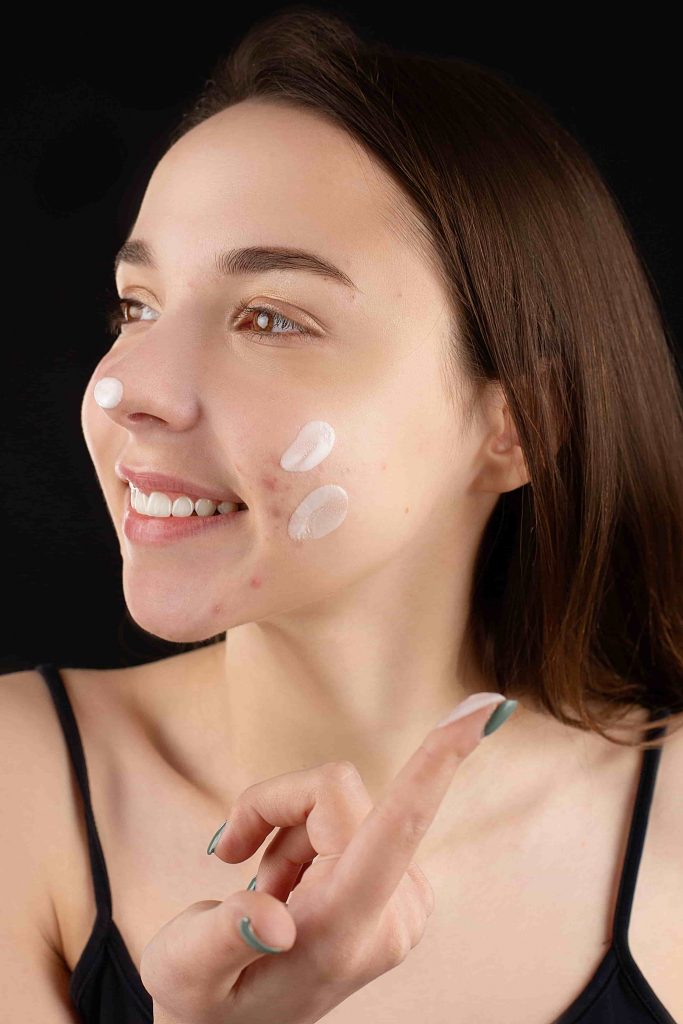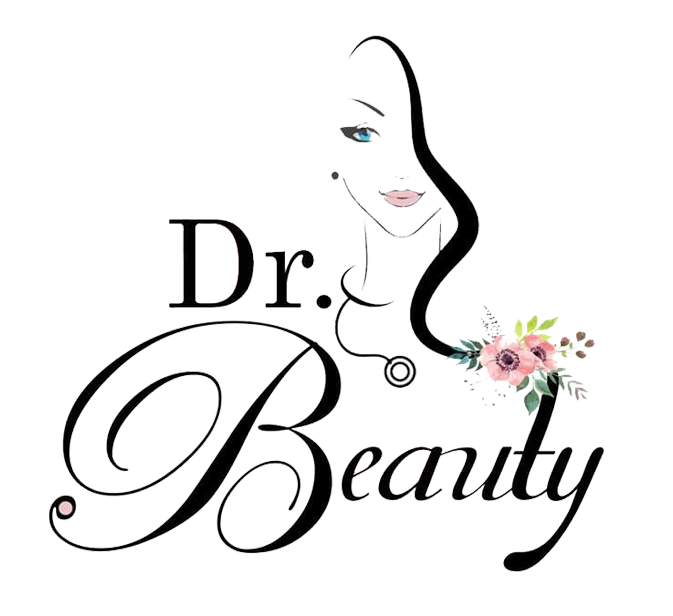Blog

Types of Skin Disorders, Causes, Treatments, and Prevention
Your skin is the mirror of your health. How your skin appears tells the story of how good or bad you are from inside. If the skin loses its glow and brightness, it indicates something is not well with your body. Therefore, to look beautiful and flaunt your glowing skin, it is essential you are fit inside out.
The skin plays a crucial role when it gives visible alerts about the detectable signs of any underlying disease. This blog will throw more light into various types of skin disorders, their causes, treatments, and prevention.
What Are Skin Diseases/Problems?
The human skin is the largest organ of the human body. Any disease or condition of the skin is called a skin disease. However, you must know that skin diseases and treatments can differ based on symptoms, severity, and causes. Some skin diseases are caused due to circumstances, and some may be due to hereditary.
What are the Causes of Skin Disorders?
Here are some common causes of skin problems:
- Different types of viruses, fungus, and bacteria
- Bacteria in skin pores and hair follicles
- Parasites, fungus, or other microorganisms residing on the skin
- A weak immune system
- Coming in contact with people with infected skins
- Contact with irritants and allergens
- Hereditary factors
- Due to diseases that attack the immune system, kidneys, thyroid, and other parts of the body
- Besides these, various other health conditions and daily habits can also trigger the development of disorders on your skin.
- There are specific skin problems that develop without any known condition.
What are the Types of Skin Diseases?
The list here will throw some light on different skin diseases or conditions prevalent among people.
Acne is the most common skin condition for teens anywhere in the world. However, this condition is growing in adults too.
Acne
It can be seen on the face, neck, shoulders, chest, and upper back. Acne breakouts typically occur due to blocked hair follicles and oil (sebaceous) glands of the skin, often caused due to hormonal changes. When skin pores at these body parts are clogged and swollen by excessive dead skin and oil buildup, it leads to acne breakouts. Primarily seen in teens, but in some people, it can proceed even in their adult phase.
The term acne means not only pimples on the face but also cysts, blackheads, whiteheads, and nodules.
Atopic Dermatitis (Eczema)
Atopic dermatitis is one of the most common types of eczema, primarily found in children. The main symptoms are dry, itchy, scaly spots on the skin. The very root of atopic dermatitis is unclear, but many studies suggest it may be a hereditary condition and can also be triggered by the environment and/or the immune system.
This condition can appear on the face (especially in infants), forehead, scalp, cheeks, hands, feet, or in the folds of the skin. Constant scratching can make the skin of that area thicken. It can be a chronic skin condition, and topical steroids, skin creams are often used to help relieve itchiness and lessen the symptoms.
Hives (Urticaria)
Hive is allergic bumps that occur as itchy welts (raised, red, itchy areas) on the skin. The size of hives can vary significantly. Common reasons for hives are – medication, food, and bug bites or stings. Usually, a hive typically disappears within a day and, in most cases, within 2 to 4 hours. However, sometimes it can last for up to six weeks, months or years; this is known as chronic urticaria. Make sure you see a doctor or consult a skin specialist if your hives cover a part of your body, and your throat or facial area is swelling, or they can also affect your breathing if severe. The best way is to prevent it. If that looks difficult, antihistamines are found to help lessen the itchiness.
Rosacea
Rosacea is a chronic swelling of the face and looks like a tendency to blush quickly than others. The symptoms are – redness, sensitivity, prominent blood vessels, skin dryness and pimples. It is prevalent in women over 30, but men can too get affected. The cause of this condition is problems with the immune system and veins and/or environmental issues.
Sunburn
Sunburns can be prevented easily. So, instead of looking for treatments for sunburn, look for preventive measures. You get sunburns when your skin is excessively exposed to ultraviolet (UV) light from the sun or sunlamps. As a result, the skin develops red, painful spots, that in due course of time, leave dark spots on your face and may even start scaling.
It is not known how much time is safe to be in the sun and how long sunscreen can protect your skin. If you continuously get sunburns from a very tender age, it can increase the risk for skin cancer as you grow. Therefore, it is vital to avoid excessive exposure to the sun.
Also, make sure you reapply your sunscreen every 2 hours for its effects to last. However, simply avoiding the harsh UV rays of the sun is the best prevention. So, if you need to go out, try to cover yourself maximum and do not forget your sunglasses and sunscreen.
Psoriasis
Psoriasis is another widespread skin disorder seen in people all over the world. Plaque psoriasis is the most familiar variety of this disease. In this, you see new skin cells generating within short intervals. This results in piling up of skin on the skin surface, creating scaly patches. The symptoms of plaques occur mainly on the elbows, lower back, knee, and scalp.
Keratosis Pilaris
Keratosis pilaris manifests itself as tiny bumps on the skin, similar to small pimples. These bumps are harmless lumps of dead skin cells, often found on the thighs and arms. Treating dry skin helps to reduce the bumps and ease the itchiness they cause.
Melanoma
Melanoma is a severe type of skin cancer that usually appears like a benign mole on the skin. However, it tends to multiply fast and can be fatal if not diagnosed and treated early. On the other hand, melanoma is perfectly curable if diagnosed early by your dermatologist.
What are the Treatments for Skin Disorders?
If you are unsure how to cure skin diseases, know that most skin conditions are curable. There are several skincare products available in the market today for instant relief. However, make sure you consult a skin specialist before using any over-the-counter product. Here, we have listed some basic treatment methods suggested by skin specialists and dermatologists.
- Antibiotics
- Antihistamines
- Ointments and medicated creams
- Steroid or vitamin injections
- Laser therapy
- Prescription medications
You must know that some skin conditions do not respond to treatments, and some recover without treatment. If you are worried about how to treat your skin and cure the diseases, know that with some therapy, you may be able to suppress the condition that can give you some relief from severe skin disorders. But, they might reoccur when they find favourable conditions like illness and stress.
However, if you have temporary skin diseases, you can bring the following habits into your daily routine:
- Use of skin care products available over-the-counter; however, use only the established brands if you are not sure what to use.
- Maintain good daily hygiene
- Use medicated makeup (take professional help)
- Bring some lifestyle changes to your daily routine, like fitness exercises, following a proper diet plan, getting adequate sleep, avoiding stressful situations, not exposing your skin to excessive sunlight and extreme weather conditions, and many more. (You can take experts help to know what is suitable for you)

How to Prevent Skin Disorders/Diseases?
We have mentioned above; some skin conditions are not curable or preventable, mainly hereditary ones. However, by following the tips listed below, you can prevent some of the skin diseases:
- Maintain personal hygiene.
- Wash your hands with warm water and soap every time you touch a foreign object or something you do not consider clean.
- Keep separate utensils for visitors. Avoid drinking and eating from the same glasses and utensils that you use to serve other people coming to your place.
- Avoid shaking hands or any direct contact with people having skin infections.
- Clean everything you use in public spaces, like the fitness equipment, etc., before using them. Ask the fitness centre manager if the equipment can be sanitised before your use.
- About sharing personal belongings, like hairbrushes, soap, towels, hand towels, pillows, blankets, or swimsuits, simply say NO.
- Take enough sleep, at least seven hours every day.
- Keep yourself hydrated; drink a lot of water or liquid.
- Make sure you are not taking excessive emotional or physical stress. Surround yourself with positive-minded people.
- Eat a balanced meal. Your diet must be full of nutritional properties. Add a lot of green vegetables and fruits.
Tips to prevent skin diseases that are not infectious, like acne and eczema:
- Wash your face with water regularly.
- Use a gentle cleanser every day to clean your face.
- Use skin moisturiser.
- Avoid all types of allergens as much as possible.
- Be careful; you are not in contact with strong chemicals and other harmful things that affects your skin.
- Do not expose your skin to excessive sun, wind, heat, and cold.
Final Thought
It is essential to be well-informed about everything that may affect your life badly. Skin disorders are among such problems that can jeopardise your life if not diagnosed and treated on time. Therefore, make sure you are informed about common skin diseases, skincare products for instant relief and long-lasting treatments to keep your skin healthy and glowing forever. And when things look severe, do not hesitate to consult dermatologists or skin specialists.


